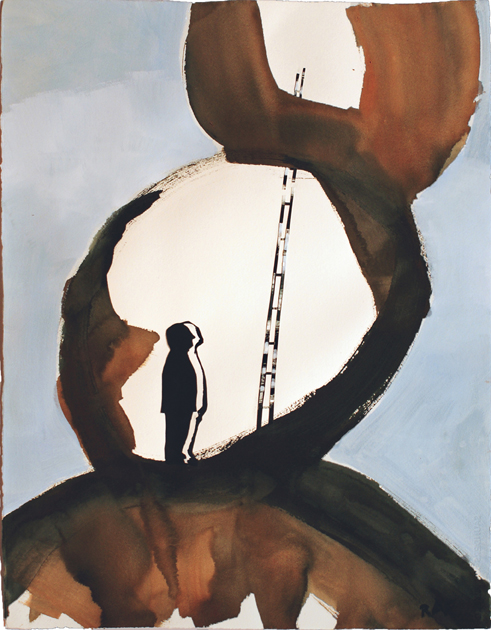Cartographies of Memory and Affect: Nomadic Subjectivities
DOI:
https://doi.org/10.18432/ari29359Keywords:
posthuman, mapping, arts-based inquiry, nomadic philosophy, methodologiesAbstract
This visual essay maps an event, the lines of affect produced through the interconnections between memory/time, space/place, and the virtual/actual. The assemblage begins in the middle of these interconnections: lines of text interwoven with intensity and affect. As posthuman theory urges researchers to consider subjectivity as unbounded and nomadic, a process of becoming with the world, this article takes up arts-based methods to map and inquire into the flows between death and becoming as a generative, embodied, and productive process. This article suggests the methodological possibilities for arts-based analysis and inquiry to engage the entangled materiality of the posthuman present.
References
Barone, T. (2008). How arts-based research can change minds. In M. Cahnmann-Taylor & R. Siegesmund (Eds.), Arts-Based Research in Education: Foundations for Practice (pp. 28–49). New York, NY: Routledge.
Barone, T., & Eisner, E. (2012). Arts Based Research. Thousand Oaks, CA: Sage Publications.
Braidotti, R. (2006). Transpositions: On Nomadic Ethics. Malden, MA: Polity Press.
Braidotti, R. (2013). The Posthuman. Malden, MA: Polity Press.
Deleuze, G., and Guattari, F. (1987). A thousand plateaus: Capitalism and schizophrenia, (B. Massumi, Trans.). Minneapolis MN: University of Minnesota Press.
Garoian, C. (2013). The prosthetic pedagogy of art: Embodied research and practice. Albany, NY: State University of New York.
Jackson, A. Y., & Mazzei, L. (2008). Experience and “I” in autoethnography: A deconstruction. International Review of Qualitative Research, 1(3), 299–318. https://doi.org/10.13140/RG.2.1.3282.4800
MacLure, M. (2013). Researching without representation? Language and materiality in post-qualitative methodology. International Journal of Qualitative Studies in Education, 26(6), 658–667. https://doi.org/10.1080/09518398.2013.788755
Massumi, B. (1995). The autonomy of affect. Cultural Critique, 31, 83–109. https://doi.org/10.2307/1354446
Stewart, K. (2007). Ordinary affects. Durham, N.C.: Duke University Press.
Published
How to Cite
Issue
Section
License
Copyright (c) 2018 Art/Research International: A Transdisciplinary Journal

This work is licensed under a Creative Commons Attribution-NonCommercial-NoDerivatives 4.0 International License.
Authors who publish with Art/Research International agree to the following terms:
a. Authors retain copyright and grant the journal right of first publication and the right to sublicense the Contribution, in the form in which it is published by the journal, to others under the terms and conditions of the of the Creative Commons Attribution-NonCommercial-NoDerivs (CC BY-NC-ND) that allows others to download the work and share the work with others with an acknowledgement of the work's authorship and initial publication in this journal, but they cannot change the work in any way or use any part of the work commercially.
b. Authors are able to enter into separate, additional contractual arrangements for the non-exclusive public distribution and display of the journal's published version of the work (e.g., post it to an institutional repository or publish it in a book), with an acknowledgement of its initial publication in this journal.
c. Authors are permitted and encouraged to post their work online (e.g., in institutional repositories or on their website) prior to and during the submission process, as it can lead to productive exchanges, as well as earlier and greater citation of published work (See The Effect of Open Access).
d. Authors wishing to include items (such as images or other media, or any creative works of others whether previously published or not) must contact the original copyright holder to obtain explicit permission to publish these items in Art/Research International. Writing permission should include: the title(s) of any copyrighted work, original place of publication if applicable, and an acknowledgement of having read Art/Research International's copyright notice. Authors are responsible for obtaining this permission and keeping it in their own records for later verification.



